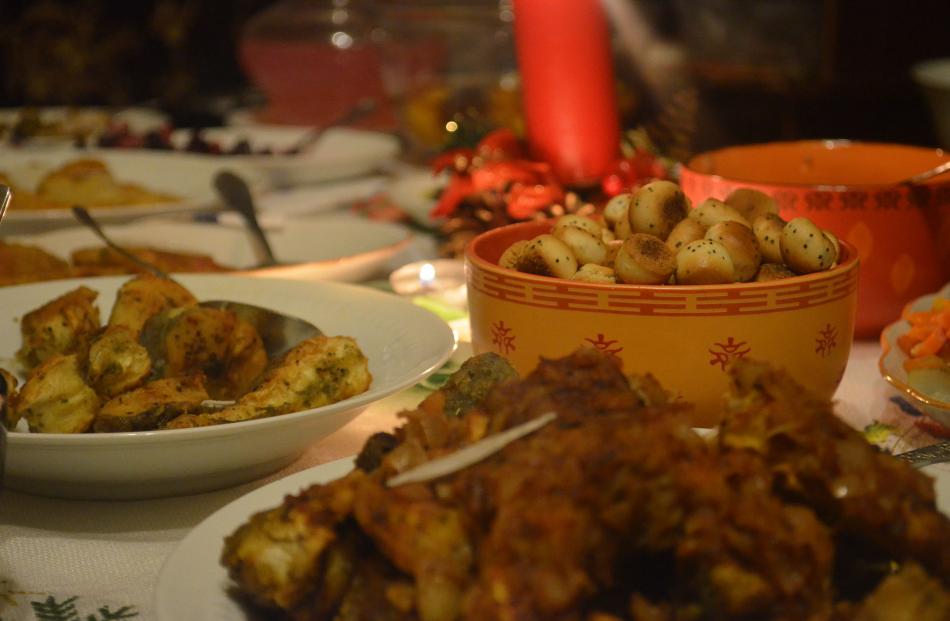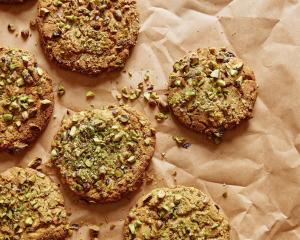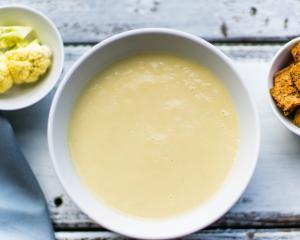For most of us, Christmas and its festivities revolve around consuming tasty food and drinks with colleagues, friends and family. Between work Christmas parties, Christmas lunch or dinner, edible presents and New Year's Eve, it can be an effort not to gain weight.
Seasonal variations in body weight
The human body can be quite remarkable in its ability to maintain a stable weight over the long term. One small American study reported average fluctuations of just 0.5kg throughout a year. Weight peaked in winter, which may be due to poorer weather and lower physical activity, but returned to normal.
Others, however, gradually gain weight over the years. A study of 120,000 Americans found weight gain averaged 3.35lb (1.52kg) over four-year periods.
The good news is that reducing your energy intake by about 100 calories (418 kilojoules) per day can prevent such weight gain. This could equate to not having that extra biscuit, or walking more each day.
Are we likely to gain weight over Christmas?
We often don't follow our normal routines during the holidays. Therefore our lifestyle behaviours and body weight can change.
There aren't many high-quality studies that look at body weight and fat changes over the Christmas period, but the studies that have been done report conflicting results.
A 2009 American study of 195 adults over the six- to eight- week winter holiday reported an average weight increase of 0.37kg.
Another study of 26 English adults over a two-week Christmas holiday found they gained an average of 1kg, even though five were sick (and three lost weight). The maximum weight gain was 4.4kg.
Yet another study reported a weight change of about 0.4kg in non-obese Swedish adults over a two- to three-week Christmas break. Obese participants, however, reported highly variable changes in weight, from a gain of 6.1kg to a loss of 8.8kg.
This difference between people of contrasting starting weights was also found in another American study of 94 college students. Over a two-week Thanksgiving period, the overweight/obese students gained an average of 1kg, while those with a normal body mass index (BMI) gained just 0.2kg.
Some studies reported no weight gain, but an increase in body fat over the holidays.
However, other studies found no change in either body weight or body fat over festive periods, even if there were changes to eating and physical activity patterns.
What's to blame?
In the large study of 120,000 American adults, the foods associated with weight increase over four-year periods include potato chips, potatoes, sugar-sweetened beverages and unprocessed and processed red meats.
Foods that were associated with lower weight included vegetables, whole grains, fruits, nuts and yoghurt.
Other lifestyle behaviours were also associated with weight gain: physical inactivity (including television watching), alcohol intake and sleeping less than six or more than eight hours each day.
It's not hard to imagine these factors at play in someone's Christmas holidays. Potato chips, soft drinks and alcohol might fill the table at the work Christmas party.
Hangovers and too little or too much sleep might mean that you indulge excessively in fast-food burgers while binge-watching Netflix.
Keep it in perspective
At the end of the silly season, you may still have gained some weight. But keep it in perspective: it might have been due to quite pleasurable activities and it's unlikely to be a problem if you get back to a balanced exercise and eating routine.
It's fine to indulge now and then, and even go back for seconds on Christmas Day. Just don't indulge every other day of the holidays, too. - theconversation.com
- Rebecca Charlotte Reynolds is a nutrition lecturer at UNSW Australia.













